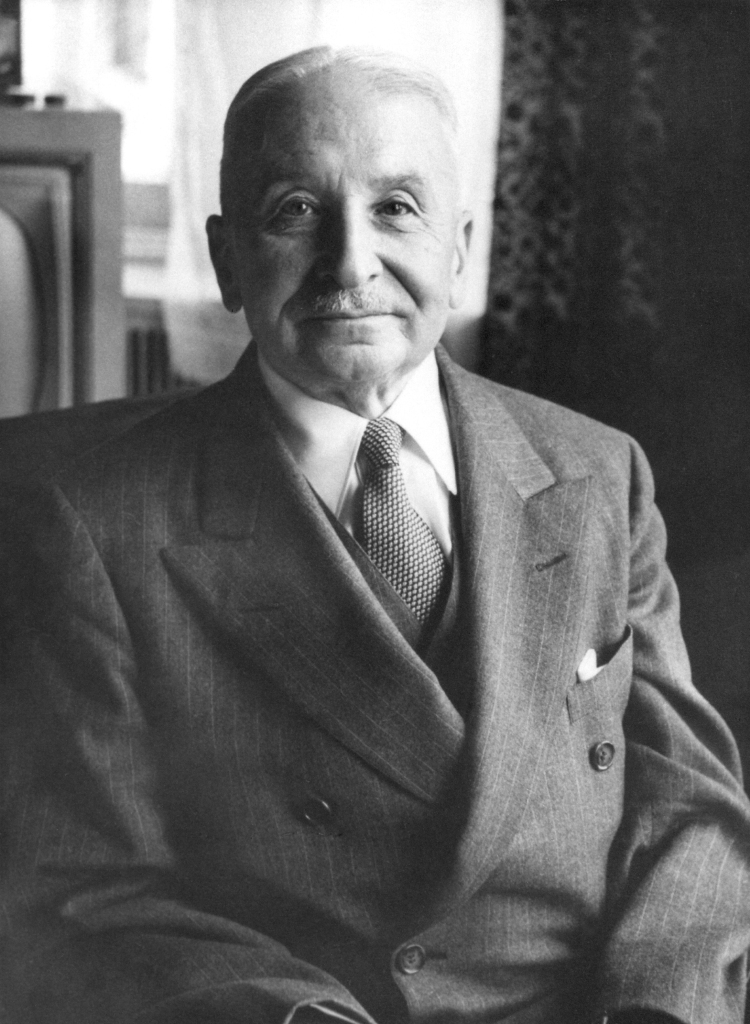‘Deep Thought’ channel reviews my *Modern Philosophy* course
A nine-minute video review of Modern Philosophy. The course comes to an end with the death of Nietzsche in 1900, and the Postmodern Philosophy course then covers developments and dead-ends during the 20th and early 21st centuries. In this eight-lecture course, Professor Stephen Hicks guides us through the Enlightenment and the Counter-Enlightenment, including philosophers Francis […]
‘Deep Thought’ channel reviews my *Modern Philosophy* course Read More »
